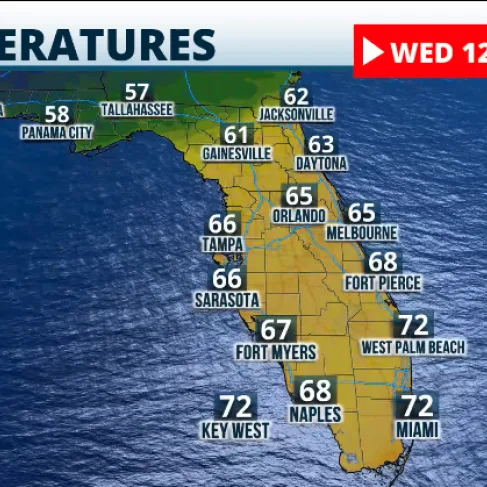The recently released film ‘Nickel Boys,’ directed by Ramell Ross, has garnered critical acclaim for its poignant exploration of systemic racism and the traumatic legacy of the now-closed Dozier School for Boys. Rooted in Colson Whitehead’s Pulitzer Prize-winning novel, the film employs a unique point-of-view approach to tell the painful story of two boys, Elwood Curtis and Turner, who strive to survive in a reform school marked by violence and racial discrimination. Critics have praised Ross’s daring vision, highlighting how the film is not just a narrative of suffering but also a celebration of youthful resilience and hope amidst adversity. Erica Thompson of the Times-Standard remarked, ‘Ross’s direction brings a dreamlike quality to this harrowing tale, allowing audiences to feel the characters’ pain and triumph.’ As ‘Nickel Boys’ continues to resonate with audiences, discussions surrounding its themes are becoming increasingly relevant in today’s sociopolitical climate. The film’s commitment to honesty and authenticity is a challenge to viewers, prompting them to confront uncomfortable truths about America’s history and present-day realities. In a recent interview, Ross stated, ‘It’s important to get this story right, to honor the lives of those who suffered and illuminate the shared humanity that exists even in the darkest places.’ The film premiered at various festivals and is poised for a broader release, sparking dialogues on race, justice, and the significance of remembering history accurately. As ‘Nickel Boys’ moves forward in its journey, it invites audiences to engage with its themes on a deeper level.
Exploring the Impact of ‘Nickel Boys’: A Cinematic Reflection on Racial Injustice











